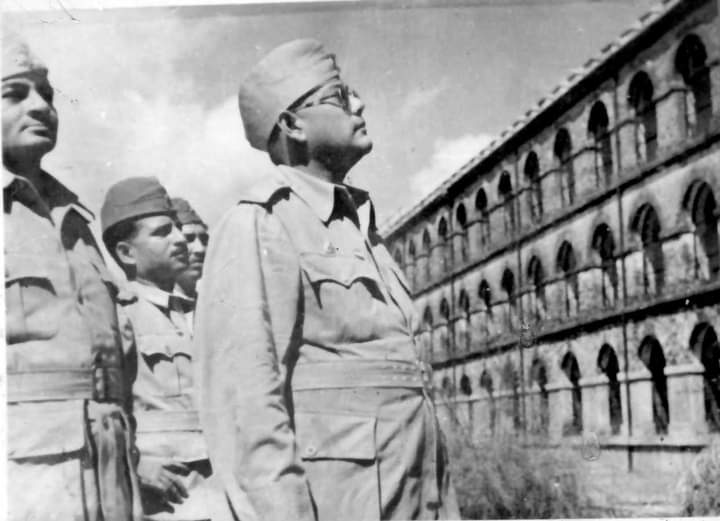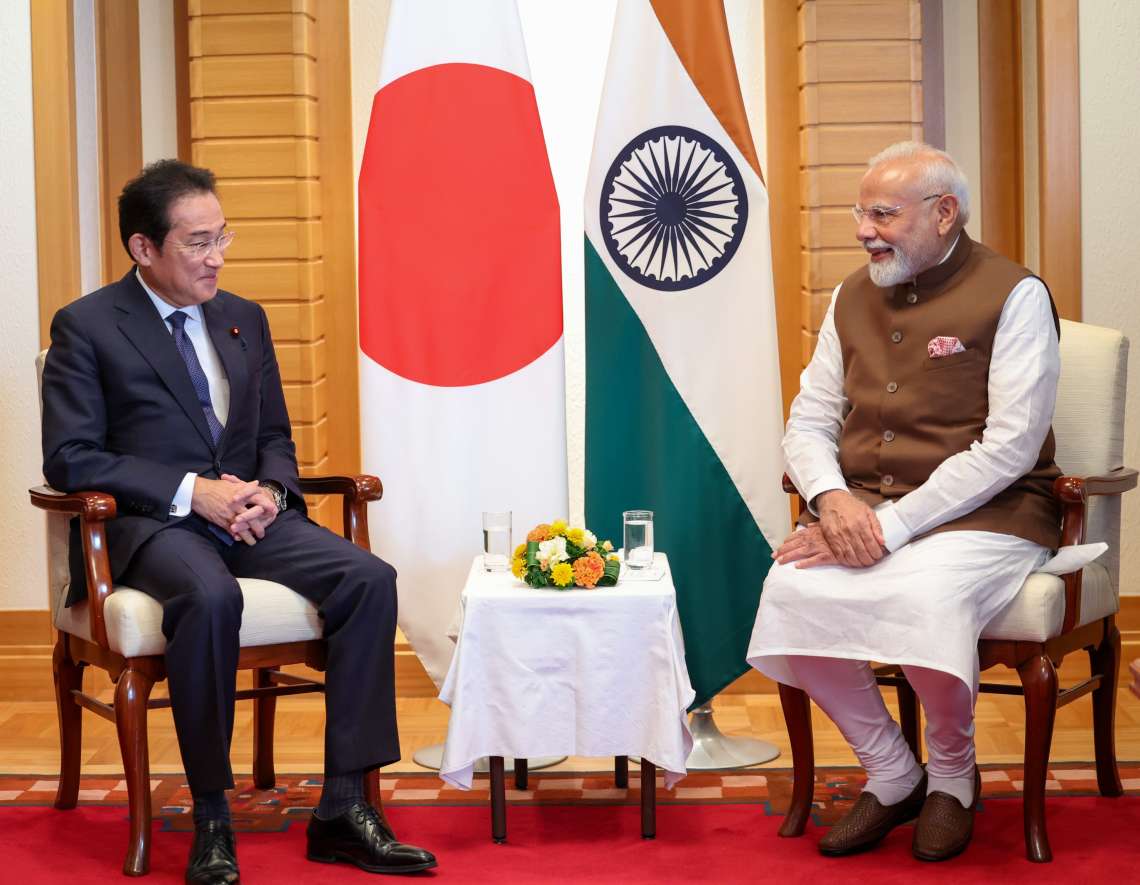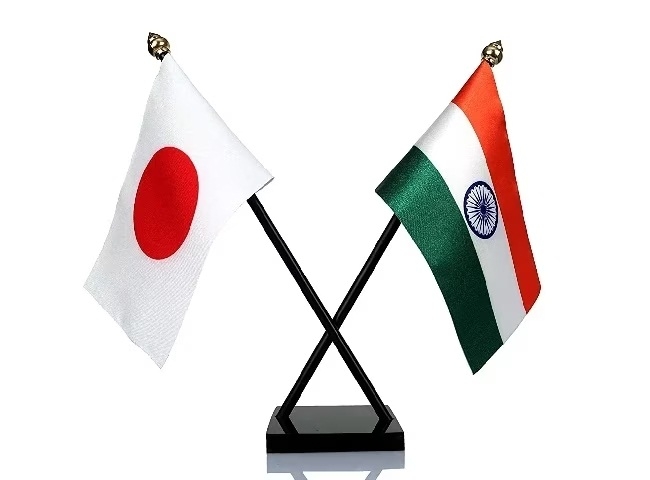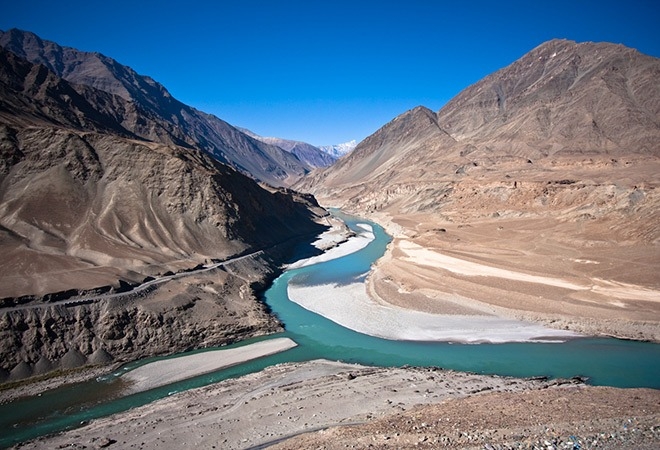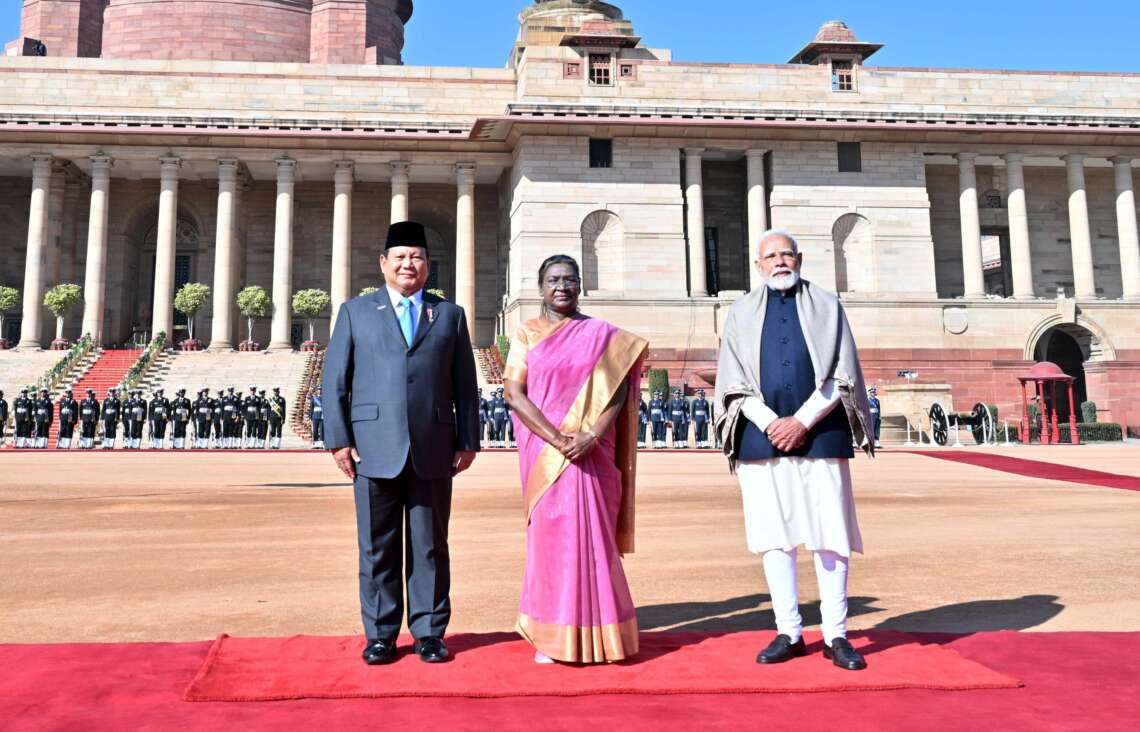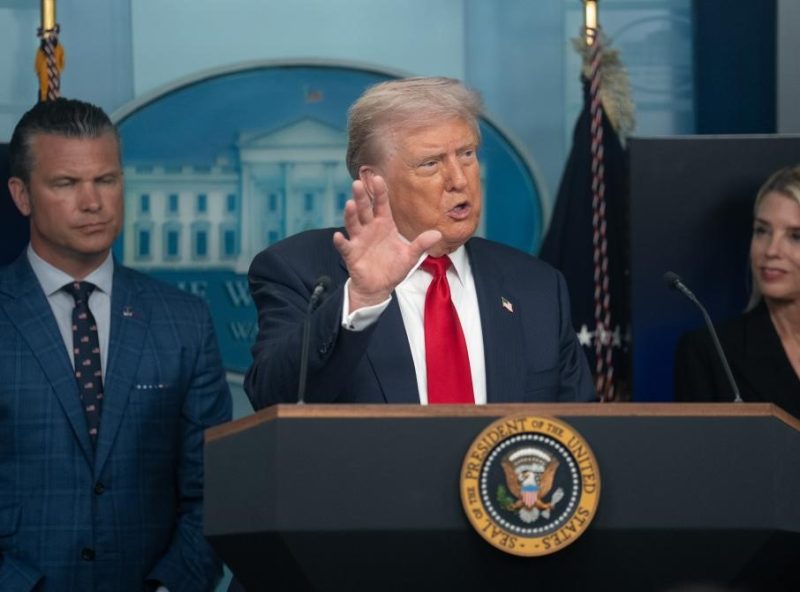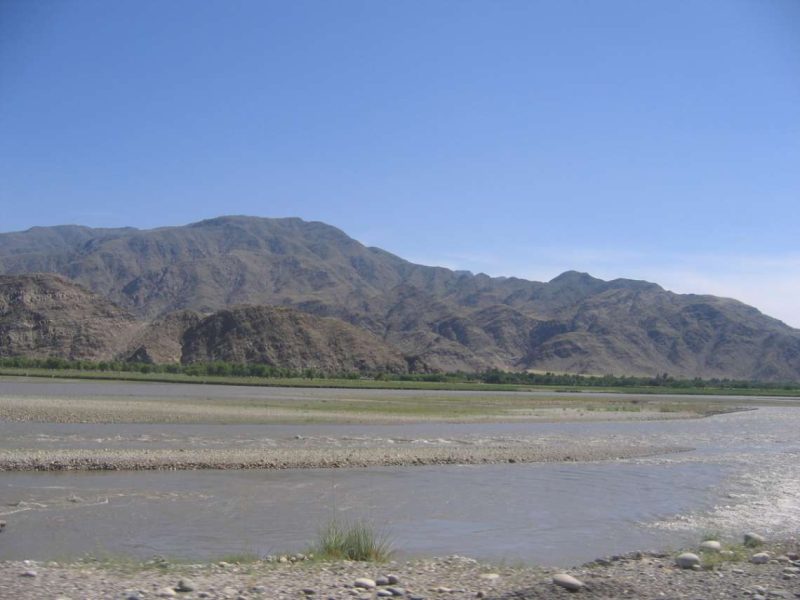Netaji’s impact on India’s past continues to shape its present and future. His daughter, Professor Anita Bose Pfaff, has long emphasised his importance, writes Antara Verma
India’s struggle for independence from the British Empire left deep marks on the country and caused significant losses. Among the many who fought for India’s freedom, Subhas Chandra Bose, more commonly known as Netaji, remains a towering figure. Netaji played a pivotal role in the independence movement, leading an army group and serving as a prominent member of the Indian National Congress. He mobilised thousands of Indians, particularly the youth, to join him in the fight for freedom. Known for his socialist policies, his iconic slogan “Jai Hind” (“Long live India”) symbolises his unwavering dedication to the nation.
India’s Prime Minister Narendra Modi has lauded Netaji’s bravery and service, calling him “the great personality of India.” Modi also declared Netaji’s birthday, 23 January, as “Parakram Diwas” (“Day of Valour”). Antara Verma delves into the significance of repatriating Netaji’s remains, the historical context, and the symbolism of his statue in New Delhi.
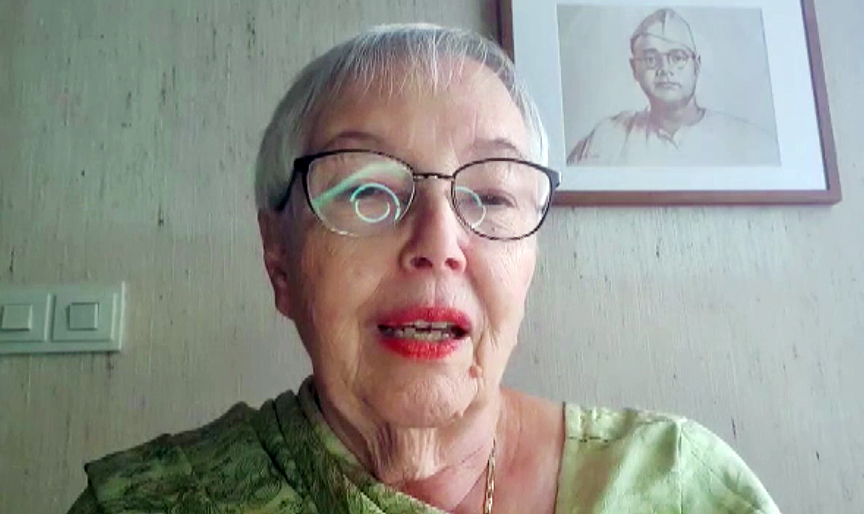
Netaji’s impact on India’s past continues to shape its present and future. His daughter, Professor Anita Bose Pfaff, has long emphasised his importance. “Do not keep Netaji exiled any longer! Allow him to return home. Many compatriots still remember him, honour him, and love him even to this day,” she implored.
Her plea refers to the fact that after his death in a plane crash in Taipei, Taiwan, his remains were enshrined at a temple in Tokyo, Japan, and never returned to India. She describes the Renkoji temple in Tokyo, where Netaji’s ashes lie, as a “temporary home.” Visiting the temple in 1947, she expressed her admiration for the devotion shown by his Japanese comrades-in-arms and the dedication of the temple’s head priests over generations. However, she believes it is time for her father to return to his homeland. “Realising how single-mindedly dedicated he was to his country, he deserves to ‘come home,’” she said.
Ashis Ray, a broadcaster, commentator, and journalist, is another voice advocating for the return of Netaji’s remains. In his book on Netaji and a 2024 article titled “Is the Indian Government in the Way of Bringing Netaji’s Remains Back to India?” for The Wire, he highlighted the lack of follow-up action since the conclusion of Netaji’s death. He noted that “at the Indian government’s request, the remains have respectfully been preserved by a succession of head priests at Renkoji since 1951.” While the priests agreed decades ago to transfer the remains to India, government hesitation, initially stemming from uncertainty about Netaji’s death in 1945, has delayed the process. However, with multiple reports confirming that he died in a plane crash on 18 August 1945, Prof. Pfaff has urged acceptance of this conclusion to facilitate her father’s return.
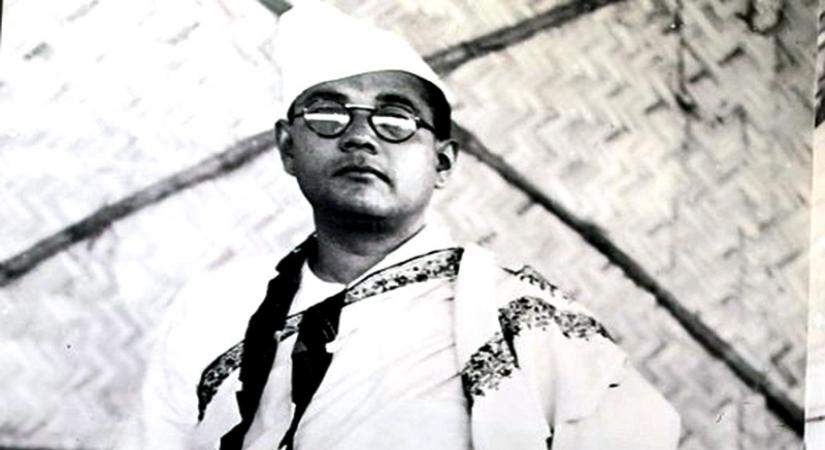
While the fate of Netaji’s remains remains uncertain, his legacy is honoured in other ways. A statue of Netaji was unveiled in September 2022 under the India Gate in New Delhi to commemorate 75 years of independence. Though widely celebrated, the statue has not been without controversy. Netaji’s grandnephew, Chandra Kumar Bose, criticised it, stating, “The statue limits Netaji’s role as just a soldier. He was surely a soldier, but at the same time, he was a great thinker.”
In contrast, Prof. Pfaff expressed satisfaction with the statue’s installation. “Having [his] statue in such a prominent place is a great honour. Having one of the major opponents to British rule replace the previous King George V is of great symbolic significance. Moreover, the monument is one of the artistically attractive ones,” she remarked.
The statue not only honours Netaji’s contributions on a personal level but also represents India’s enduring struggle for freedom. It serves as a reminder of the sacrifices made for independence, carrying the weight of history into the future.


